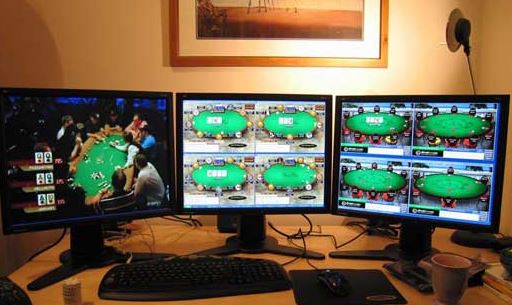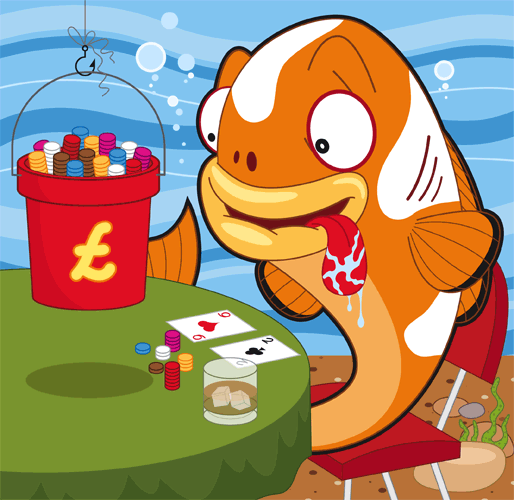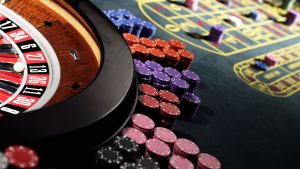Ask a few newer players what their challenges and hopes are, and they’ll tell you. We poker players are a friendly sort, after all. But when we get to talk about multi-table poker tournaments, people start getting a bit nervous. They don’t feel like they’re ready enough. We disagree: you are absolutely ready to take on multi-table tourneys if you can follow a few guidelines and steps.
There are plenty of reasons to play these tournaments, but we’ll list just a few. To start with, the prizes are bigger than usual: a lot of players make this easier. Small prize packages come from a low player count. Of course, you can also enjoy the benefit of qualifying for bigger tournaments without having to pay the big ticket entries. If you rise to the top of the smaller fields, you’ll get invitations to bigger fields in no time at all. The reason why is obvious: the good players attract everyone that wants to take their money. You might be surprised at what events you’ll qualify for simply by placing decently high “in the money”.
Could you use an online tourney to qualify for a big event in Vegas? Absolutely. There are a lot of multi-table tournaments going on all the time — just about every major poker site has this option available.
But again, if you’re going to play them well, you have to take a few things into account:
Your Stack Counts (Big Time)
The first thing that you’re going to need to think about when it comes to pulling off a tournament is the size of your stack. It really does count for a lot in this style of play. Once you run out of chips, you’re knocked out. Not every tourney lets you rebuy so once you’re drained…that’s it. If you have to play with a smaller stack than everyone else, you need to understand one thing: everyone will target you. They’re going to try to knock you out fast because then they can move on to other threats. This is the law of the jungle: hunters will chase, and prey will be chased. Therefore, your first strategy is to not become prey for very long. The only way to do this would be to get more chips than where you began, and quickly. You may have to go all-in to get more chips, or fold until you can get a good hand and lure players out.
But that’s if you’re really low. What if you only have a stack that’s only a little smaller than everyone else’s? You aren’t in the clear yet, but you still need to think about a few things. Poker position is going to be super important with fewer chips, because your play is going to be more precise than someone that has a big stack. Don’t raise wildly, because you don’t have those kind of chips to waste. If you’re in late position this gives you the best advantage, so look for these opportunities at every turn.
Being the Big Gun at the Table
Just because you’re sitting at a table as the largest stack doesn’t mean that your journey is over. You still have to realize that being a hunter doesn’t mean that you won’t have “prey” moments. People are looking at your stack with glee, hoping that they can take it away from you. You need to look at all of your positions. Being in early position will mean that you need to focus on quality, but being in late position means that you can snatch pots that aren’t super quality just by having a marginally better hand than others.
Being aggressive as the big stack is good, but don’t make decisions just because of your stack. It’s important to avoid trying to establish a reputation in just two hands. You might have to sit at that table for a while, which makes these tournaments not for the faint of heart either. You can easily get impatient and just start firing chips at a pot, which is not what you need to do either.
So, how do you actually grab that cash? You need to get past the “bubble” — this is that annoying spot right before you actually qualify for any prize cash. If you’re already the chip leader for the tournament, then you’re in great shape.
But what about if you’re in the middle? How do you balance not getting eaten but still taking out players? Strategy. Keep developing your reputation at every table, keep folding bad hands, keep making players pay to see those cards. Letting players limp in and be calling stations is the absolute worst. But it’s important to not overplay hands just because you think they might be good, too. Sometimes folding is the best thing that you can do.
The competition will heat up a lot more, because everyone wants to win that big cash prize. But as long as you keep your cool, play well and modify your strategy over the course of the tourney, you will prosper just fine.







